Desertion: A Long, Proud History
World Beyond War

There are as many reasons to desert military service as there are deserters. All countries’ militaries like to snatch young men when they are uneducated, inexperienced, and unemployed. It takes a soldier far greater courage to throw down his weapon than to kill a stranger. There are deserters in every country that has an armed forces. Armies demand blind obedience and human beings crave liberty. Why do men desert? Certainly not from cowardice.


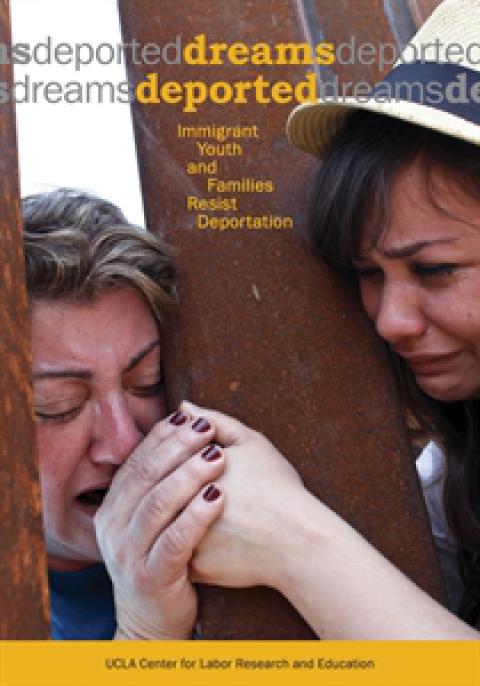

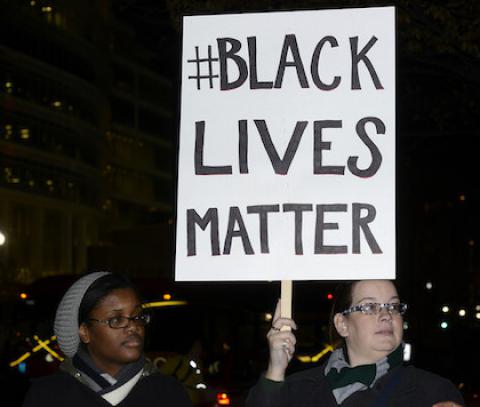
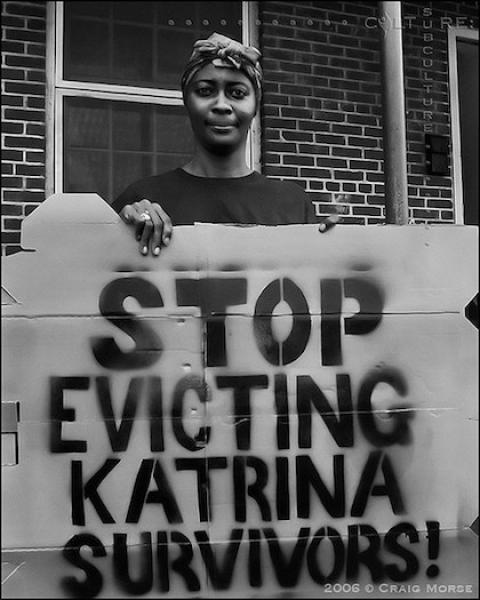
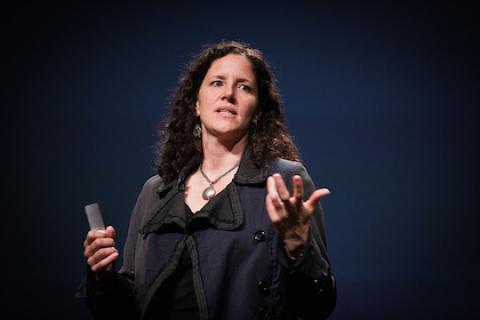
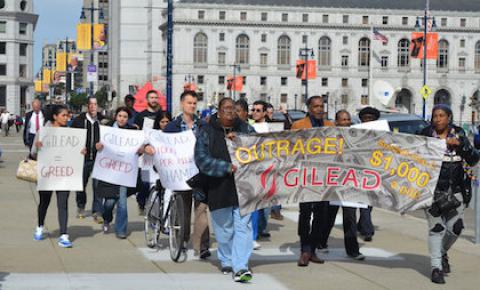
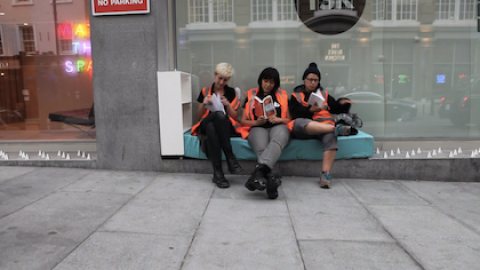

Spread the word